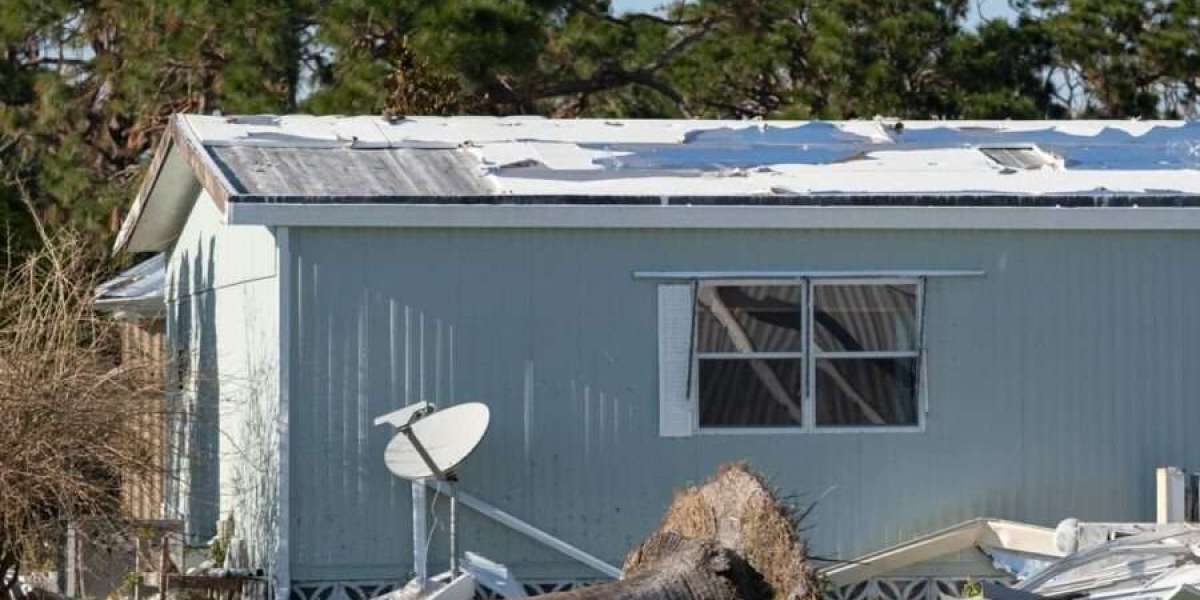Mobile homes, while offering flexibility and affordability, may reach a point where removal becomes necessary due to various reasons such as upgrades, relocation, or structural damage. If you find yourself in this situation, understanding the mobile home removal process is crucial. This article aims to guide you through the steps involved, potential costs, and important considerations to keep in mind.
Why Remove a Mobile Home?
There are several reasons why homeowners might decide to remove a mobile home:
Structural Damage: Over time, mobile homes can suffer from significant wear and tear, leading to structural issues that make repair impractical or too costly.
Relocation: You may want to relocate your mobile home to a different location, which may involve removal from its current site.
Upgrade: Some homeowners choose to remove an older mobile home to replace it with a newer model, enhancing their living space and comfort.
Sale of Property: If the mobile home is on a piece of property that you wish to sell, removing the home may increase the land's value.
Understanding the Removal Process
Removing a mobile home involves several steps, each requiring careful planning and execution:
Step 1: Assess the Situation
Before starting the removal process, evaluate the condition of your mobile home. Determine whether it can be relocated or if it is better suited for demolition. If the home is in good condition, relocation might be a viable option. However, if the structure is severely damaged, demolition may be necessary.
Step 2: Check Local Regulations
Different municipalities have various regulations regarding mobile home removal. Check with your local government for any permits required for removal, as well as guidelines for disposal. Failure to comply with these regulations can lead to fines or delays in the process.
Step 3: Hire Professionals
While some homeowners may opt for a DIY approach, hiring professionals for mobile home removal is often advisable. Experienced contractors have the equipment and knowledge to safely dismantle or relocate the structure. Look for companies that specialize in mobile home services and have good reviews.
Step 4: Prepare the Site
Before removal begins, prepare the site by clearing any obstacles around the mobile home. This includes moving vehicles, clearing landscaping, and ensuring easy access for removal trucks and equipment.
Step 5: Removal Process
The actual removal process can vary based on whether you are relocating or demolishing the mobile home.
Relocation: If you choose to relocate, professionals will disconnect utilities, secure the home, and transport it to the new location.
Demolition: If demolition is required, the process will involve dismantling the mobile home, disposing of waste, and ensuring all hazardous materials, such as asbestos, are handled safely.
Costs Involved in Mobile Home Removal
The cost of mobile home removal can vary widely depending on several factors:
- Location: Prices can differ significantly based on your geographical area.
- Size and Condition: Larger homes or those in poor condition may incur higher removal costs.
- Type of Removal: Whether you choose relocation or demolition will also affect the total price.
On average, homeowners can expect to pay between $1,000 and $5,000 for mobile home removal. It’s advisable to obtain multiple quotes from different contractors to ensure you get a fair price.
Important Considerations
- Utilities: Ensure all utilities (water, electricity, gas) are disconnected before removal.
- Environmental Concerns: Be aware of any environmental regulations that may apply, particularly concerning waste disposal.
- Insurance: Check if your homeowner’s insurance covers mobile home removal, as this could mitigate some costs.
Conclusion
Removing a mobile home can be a complex but manageable process with the right approach. By understanding the reasons for removal, the steps involved, and the potential costs, you can navigate this challenging situation more effectively. Whether you choose to relocate your mobile home or opt for demolition, enlisting professional help and adhering to local regulations will ensure a smooth transition. Ultimately, this decision can lead to improved living conditions and potentially increase the value of your property.
Visit the official website of washingtonfreemobilehomeremoval.com







